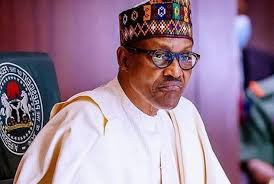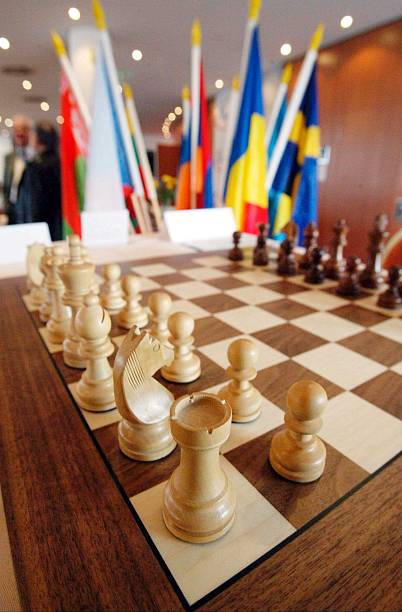As Africa wakes to the quiet news that former Nigerian President Muhammadu Buhari has taken his final bow from the stage of life, a continent pauses—not just to mourn, but to reflect.
Muhammadu Buhari was never a man of many words. But in the silence of his departure, his legacy speaks volumes. A soldier, a statesman, and perhaps most notably, a symbol of integrity in a region too often clouded by corruption, Buhari stood apart. His life was not without controversy, nor were his years in power free from criticism. But what cannot be denied is the sincerity with which he carried his mission: to clean the rot, to restore dignity, and to serve with honour.
Born in 1942 in Daura, a quiet town in Northern Nigeria, Buhari rose through the ranks of the military with a stern face and an even sterner reputation. As Head of State between 1983 and 1985, his short military regime was marked by discipline and a fierce war against indiscipline. He jailed the corrupt, cracked down on looters, and demanded that Nigerians return to values long forgotten. Many felt his methods were harsh—perhaps they were—but few doubted his intent.
When he returned decades later as a democratically elected president in 2015, after three failed attempts, it marked a new chapter not just for him, but for Nigeria. He promised to fight corruption, defeat Boko Haram, and restore economic order. And although Nigeria’s problems proved larger than any one man, Buhari remained steady in his commitment. Critics questioned his pace, his health, and his handling of crises. Still, many admired the simple lifestyle he maintained and the clean hands he left office with—an uncommon feat in Nigerian politics.
To some, he was stubborn. To others, sincere. But even his fiercest opponents rarely accused him of greed. In a political culture flooded with scandal and selfish ambition, Buhari’s name carried a kind of stubborn honesty. He lived modestly, spoke plainly, and carried the hopes of millions who still believe that integrity is not a myth.
Now, as we reflect on his passing, Africa must ask: what did we learn from Muhammadu Buhari? That leadership demands more than popularity. That change does not come in a flash. That personal discipline, while not always glamorous, is a virtue worth celebrating.
In death, as in life, Buhari remains a complex figure—praised, questioned, admired, debated. But above all, he leaves behind a name untarnished by personal scandal, and a memory of a man who tried, in his own firm and quiet way, to put Nigeria first.
Africa has lost a rare son. And while his eyes are closed, the conversation he started—about integrity, accountability, and purpose—must not sleep.
Rest well, General. The continent remembers.





